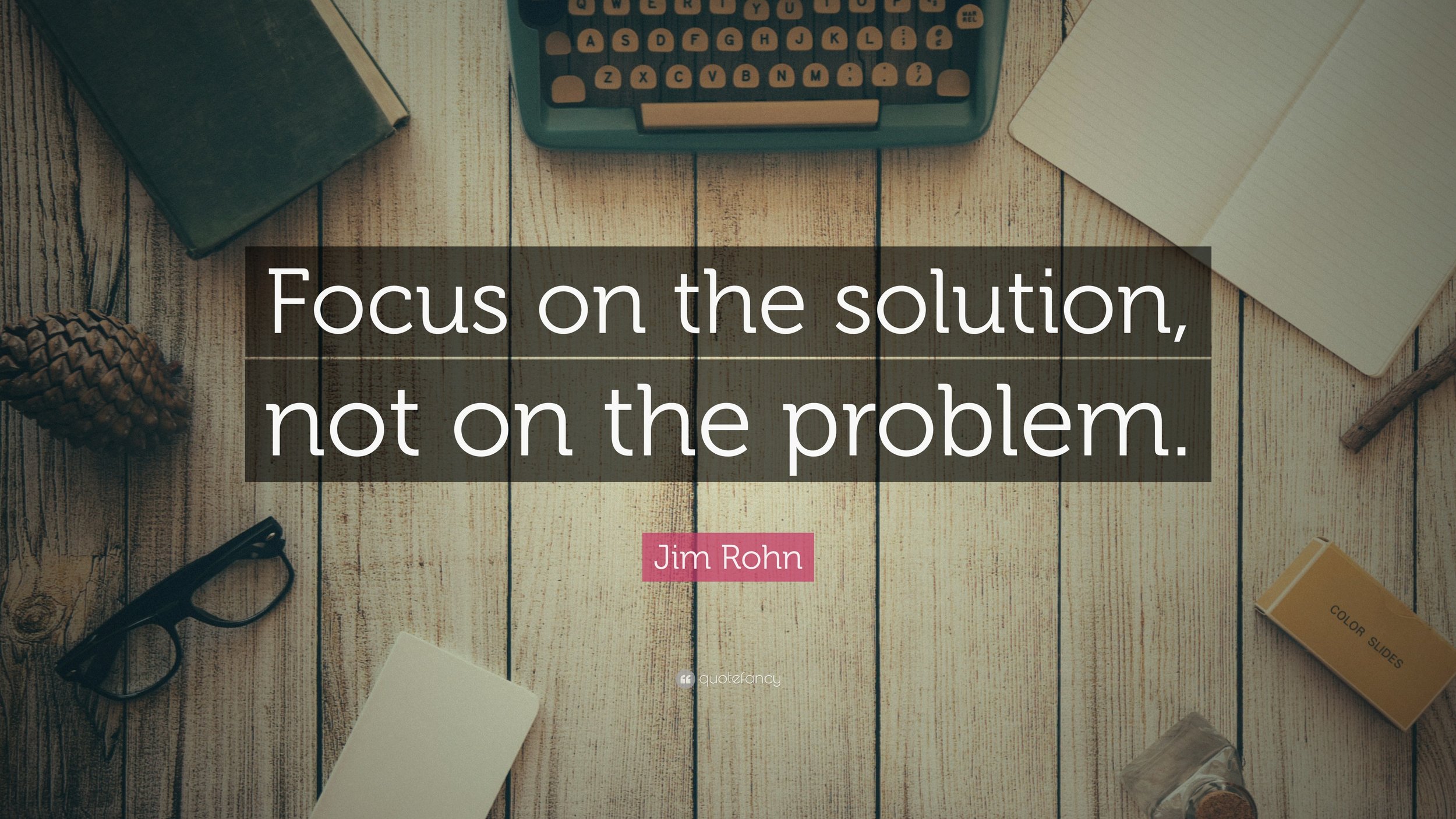
Protecting Yourself From Second-Hand Anxiety
Do you feel anxious when your child or teen is anxious? Can you feel your own anxiety rising as your child retells an anxious event from their day? In all likelihood, the answer is yes. This phenomenon is called second-hand anxiety. Second-hand anxiety simply means feeling anxious because someone else is anxious. This happens because our brains are equipped with mirror neurons. These neurons’ purpose is to imitate other’s movements and feelings. They help us learn just by watching someone complete a task. They also allow us to feel what other people are feeling. Studies have shown that observing someone expressing anger increases cortisol in the blood by 26%.

When Anxiety Comes Out Sideways
Oftentimes, when dealing with kids, teens and even some adults, anxiety doesn’t present itself as them saying “I feel worried” but, instead, as behaviors. These behaviors may include yelling, hitting, crying, kicking, and shoving. They may refuse to do what they have been asked, attempt to control the situation, or ask questions. Physical symptoms may include headaches, stomach aches, difficulty sleeping and isolating themselves. When working with an anxious child, it is important to see these behaviors as what they are: a form of communication. Something has happened that has made your child’s brain feel threatened or unsafe and now the amygdala has taken over.

Learning From Failure
The reality is failure is an inevitable part of life. Allowing children to fail early and often when they have your support prepares them to deal with failures as a teen and adult. But in a world where there is so much pressure on kids to succeed, as parents, it can be difficult to allow them to fail.

Talking to Teens About Mental Health
Ask questions. It is okay to be direct when it comes to checking in with mental health, it sends a message you take this topic seriously. It is also okay to bring mental health up in a roundabout way. You can bring up an article you recently read or discuss well-known individuals such as Simone Biles and Harry Miller who are making their mental health a priority.

Building a Coping Kit
A coping kit is simply a list of skills and strategies a child can use when feeling anxious. It helps to practice these strategies when the child is already calm. Sometimes children can memorize their list of strategies but others may need to have them written down.

The Power of Grit
Grit is your stick-to-itness. It is your ability to persist when things get tough because that thing matters to you. It’s about finding something you are passionate about and staying with it no matter what.

School Refusal
School refusal is different from truancy. Children who are truant refuse to go to school because they want to do something else. They will often concoct elaborate schemes to avoid going to school. However, school refusal is related to anxiety about situations or expectations at school.

Emotional Co-Regulation
The really amazing thing about mirror neurons is that you can use your mirror neurons to help your child when they are struggling to regulate their own emotions. If you stay calm in situations which are causing your child distress (ie frustration, anxiety, fear, anger, etc) and maintain a supportive presence, your child will essentially “catch” your calm.

Protecting Yourself From Second-Hand Anxiety
It is important to protect yourself from second-hand anxiety because chronic stress can lead to long-term health problems. In addition, as a parent, you are not helping your child if you are taking on their anxiety.

A Guide for Parents to Support Children’s Mental Health
As parents, we play an important role in shaping their emotional well-being but it can be hard to know where to start. This blog post will provide practical tips about how parents can actively support and create a positive mental health environment for their children.

How To Help Kids When Big Emotions Happen
When individuals are struggling with emotional regulation, their emotions feel very out of control to them. In young children, this can look like throwing tantrums, refusal behaviors and excessive worrying. Struggling to regulate emotions is pretty common, even us adults struggle with it at times. However, it is pretty easy to teach kids skills which help them to regulate their emotions.

Supporting Your Freshman as They Leave for College
You don’t need to fix or rescue your child from this situation. They got this. More than anything, they need you to believe they can handle anything that comes their way.

How To Talk To Kids About Anxiety
Young people need to understand anxiety is our brain's way of checking to see if we are okay, not to tell us that we aren’t okay.

Dangers of Overparenting
Parenting well can feel like trying to hit a moving target. Parental involvement and responsiveness have been linked to child success, yet too much of either can have detrimental effects to children. So how do you know how much involvement and responsiveness is too much?
